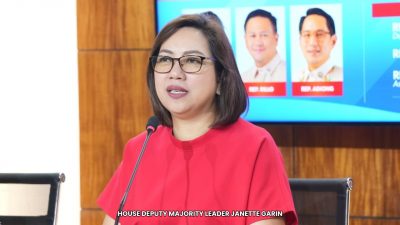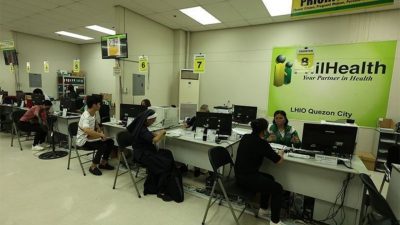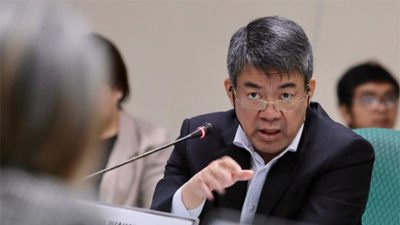MANILA — The Second Congressional Commission on Education explored the possibility of restructuring the Early Childhood Care and Development Council (ECCD Council) in a meeting between the two organizations on Thursday, June 22, 2023.
The meeting was attended by EDCOM 2 Co-Chairpersons Senator Sherwin Gatchalian and Rep. Roman Romulo and Commissioner Senator Pia Cayetano, as well as Executive Director Teresita G. Inciong of the ECCD Council, with other officials. Also present were EDCOM 2 Advisory Council members Ms. Olie Lucas and Mayor Lani Cayetano, as well as Standing Committee members Ms. Amabelle Cariño and Ms. Rina Lopez Bautista.
Structural issues
The Commissioners pointed out that there is a great need to restructure the ECCD Council, asking whether it should remain an attached agency with the Department of Education.
The Early Years Act, enacted in 2013, mandated the Secretary of the Department of Education to become the Chairperson of the ECCD Council, with the Council Executive Director as the Vice-Chairperson. The roles were divided among the agencies based on the age of the children. The ECCD Council, DOH, and DSWD are responsible for children aged 0-4 years old, while DepEd is responsible for those aged 5-8 years old.
The EDCOM 2 Green Paper on Governance and Financing of ECCD notes that “this interagency collaboration makes accountability difficult”.
“After ten years, it’s really about time to reflect and suggest what we need to change in the law and in the governance structure”, said Sen. Gatchalian who filed the Basic Education and Early Childhood Education Alignment Act (Senate Bill No. 2029).
Aside from aligning the K to 12 basic education curriculum to the ECCD curriculum, Sen. Gatchalian’s proposed measure seeks to mandate greater responsibilities on local government units (LGUs) in the implementation of ECCD programs .
“I think if we don’t change the law, the structure, the governance, we will never achieve [all of the objectives of ECCD Council]. Because all of these are in the hands of the local government units LGUs. Pagbili ng materials, LGUs; producing high quality workers and teachers, LGUs din; the development of Child Development Centers, LGUs din. I think the first order of business is how do we mobilize the LGUs to do all of these things? Kasi if not, mahirap talaga. We’ll be talking about this over and over again, paikot-ikot lang tayo”.
“Ang feeling po ba ninyo ay you will be more effective kung wala po kayo sa pamilya ng DepEd, so you can properly function and carry out your responsibilities? Do you feel na fit kayo under DepEd?”, asked Congressman Roman.
“We are supposed to link with the Department of Education, but it appears that we should not be under the Department of Education so we can move freely”, Executive Director Inciong answered.
Nutrition also a big concern
Nutrition for children aged 0-4 was also a topic of discussion during the meeting.
According to UNICEF data, one in every three Filipino children under five years is chronically malnourished. Chronic malnutrition leads to stunting, where a child fails to grow and develop to full potential and has long-term effects: poor cognition and learning performance.
Commissioner Pia Cayetano pointed out that the DSWD gives a budget of P15 per meal to LGUs. “I noticed that the budget per meal of our day care children is P15 per day…’yung P15 po ba per meal, makakagawa po ba tayo ng nutritious food at P15?”, the Senator asked Advisory Council member Ms. Olie Lucas.
“We have to take a look at supplementation, like Mingo (a meal supplement manufactured by the Negros Volunteers Foundation)”, Ms. Lucas responded. “These will bring the price down”.
“I wonder, how reasonable is it to expect LGUs to encourage self-sustaining (methods), rather than feeding?”, Ms. Rina Lopez proposed.
“For the City of Taguig, we already started our massive urban farming campaign and we really tapped parents to actively participate, so whatever harvests we get, we give to our daycare centers”, Mayor Lani Cayetano narrated. (ai/mtvn)







